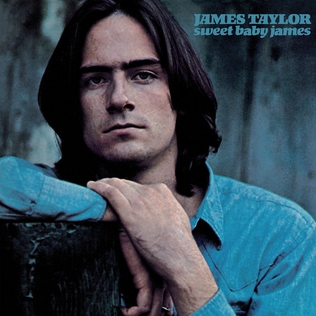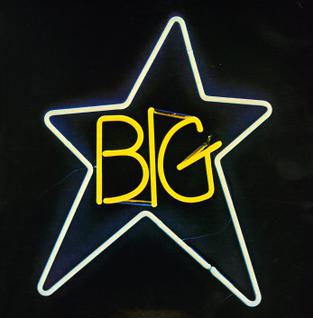Zack: Apparently James Taylor went through a phase
where he was so depressed that he would sleep 20 hours a day, checked himself
in to a hospital for mental instability, and got hooked on heroin. All BEFORE
he got famous as a folk musician. Somehow, none of that comes across in his
music. Sweet Baby James isn’t anything particularly fancy. It’s pleasant, folk
music that sounds like it should be playing in the background of a driving/road
trip montage in a movie. I didn’t have many impressions from it. I thought it
was just generally pretty solid on all the fronts. It didn’t have the lyrical
complexity of Dylan, the emotional vulnerability of Nick Drake, or the
general musical excellence of Neil Young. But it had all of those components
in satisfactory quantities. There were a number of songs that I just found
boring, but I’d imagine a more dedicated folk music listened would have no
problem swaying to them. In general, I enjoyed Sweet Baby James, but it wasn’t
the type of album that stood out.
Favorite Tracks: Fire and Rain; Country Road; Sweet Baby
James
Emily: My family was a bit late to the CD game. Until my parents bought a new car with a CD player in 1999, we subsisted on car and home stereos with a cassette deck and a radio. With this not-so-new technology in our lives, though, it was time to buy some CDs. Since my mom was the one who would be driving the new car most of the time, she got a few of her favorites for long drives. One of those early CD purchases was James Taylor's greatest hits. Taylor is one of my mom's favorite artists, and we listened to that greatest hits CD once in a while on long drives. I'm sure if you go through the crate of records in my parents' basement you will find Sweet Baby James in there too. Having only been exposed to the mix of Taylor's whole career, however, I wasn't super familiar with this early album. The folk elements are definitely there, but a few are infused with more rock and roll than I would've expected. The combination makes sense, though having a calm, more purely folk song like the title track juxtaposed with the live folk-rock guitar solo on Steamroller is a bit of an odd juxtaposition. I know that Taylor went more towards folk has he progressed through his career, but it's definitely cool to hear how that sound all started.
Favorite Tracks: Steamroller; Sweet Baby James; Country Road





.jpg)

